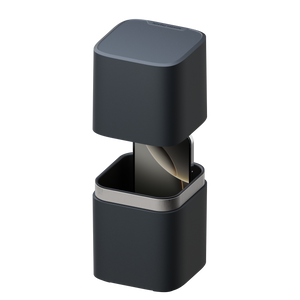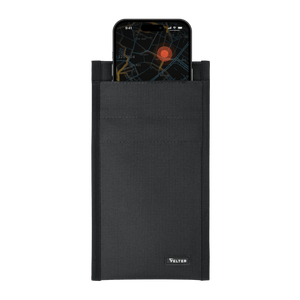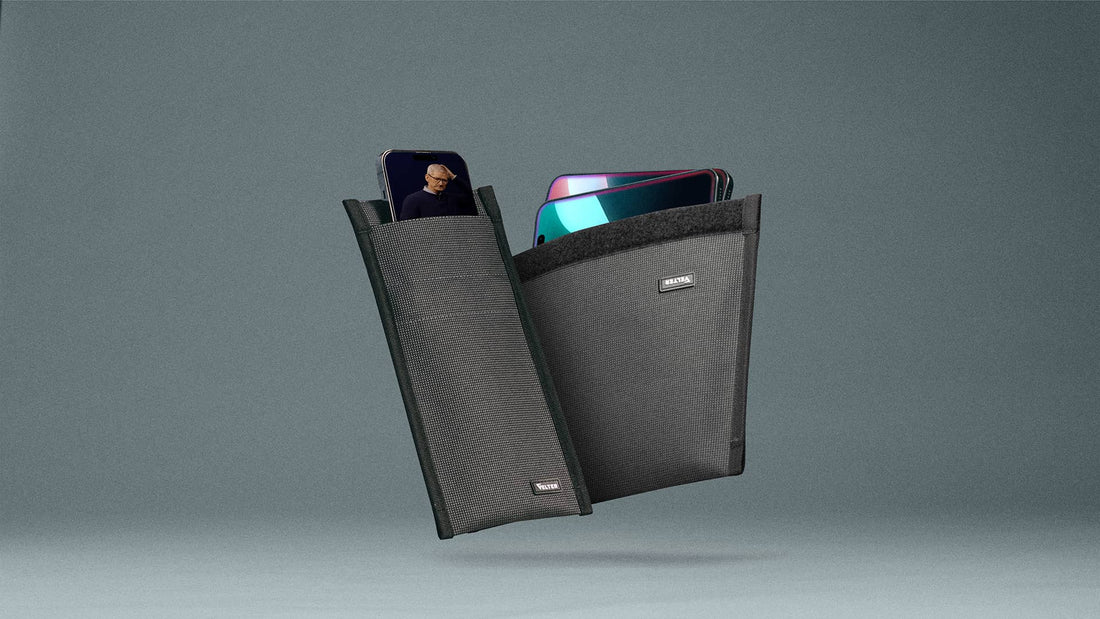
Apple has recently introduced its advanced AI, dubbed Apple Intelligence, integrated into the upcoming iOS 18, iPadOS 18, and macOS Sequoia updates. This new technology promises to enhance user experience by incorporating features such as reading messages, editing photos, summarizing texts, and generating personalized emojis. While many of these capabilities operate directly on the device, more complex queries are processed via ChatGPT-4o in the cloud. This means that OpenAI, the company behind ChatGPT, can access and utilize user data to provide these services.
Musk's Response
Elon Musk, known for his vocal opinions on technology and privacy, has expressed strong disapproval of Apple Intelligence. He took to social media to denounce the AI as "creepy spyware" and has made it clear that he does not trust Apple's intentions with user data. Musk is particularly concerned about the potential for widespread data access and the implications for privacy.

In a bold move, Musk has threatened to ban the use of Apple devices within his companies, which include Tesla, SpaceX, and Neuralink. He has suggested that employees use Faraday cages to block all signals from Apple devices, ensuring that they cannot connect to the internet or communicate with external servers. Faraday cages are enclosures made of conductive materials that block electromagnetic fields, effectively isolating devices from wireless communication.
Rationale Behind Musk's Actions

Musk's reaction is rooted in a broader concern about data privacy and the potential misuse of personal information by large tech companies. By advocating for the use of Faraday cages, he aims to protect the digital privacy of his employees and the sensitive information handled by his companies. This move also serves as a statement against what he perceives as invasive technology practices.

Conclusion
The clash between Elon Musk and Apple's new AI highlights the ongoing debate over privacy in the digital age. As technology continues to evolve, so too does the need for robust privacy protections and ethical considerations. Whether Musk's drastic measures will set a precedent or spark further discussions remains to be seen.


